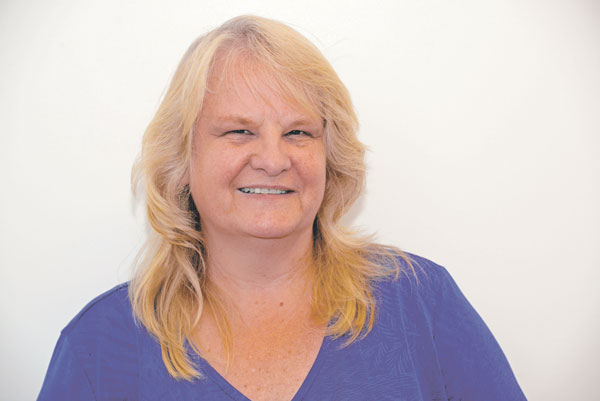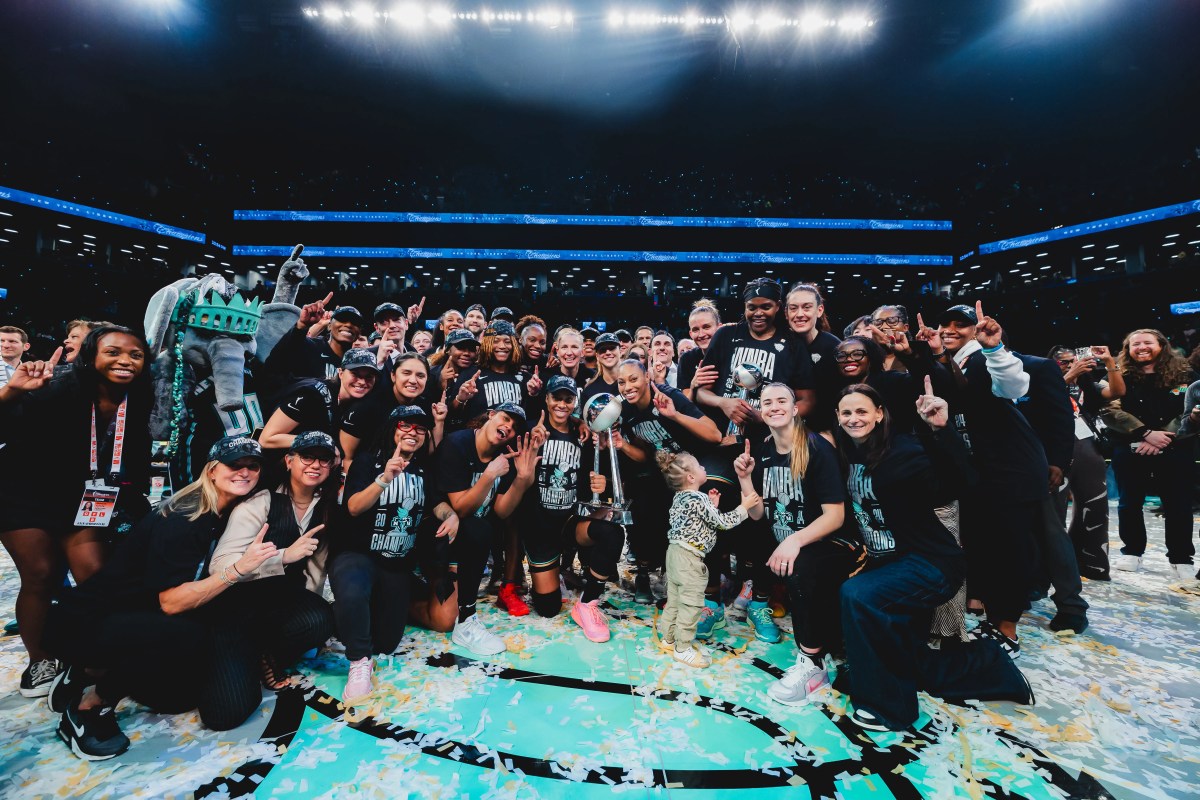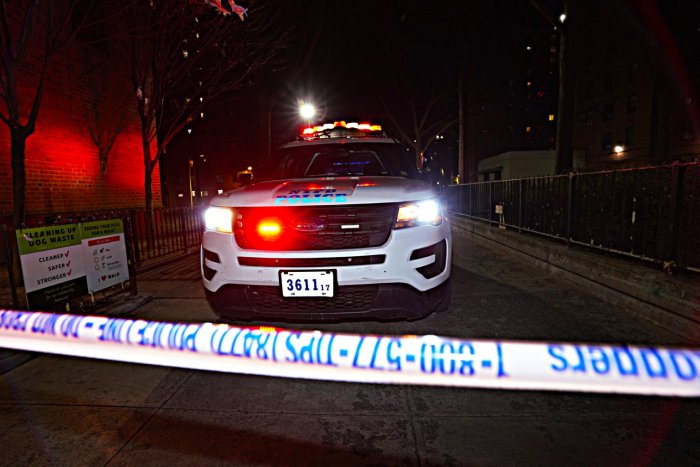
BY SHAVANA ABRUZZO | Breast cancer survivor Lisa Malwitz is living proof of hope after a diagnosis.
Malwitz, an office manager at Community News Group, has been cancer-free for two years, and regular doctor’s visits, mammograms, and medication keep the disease in check, but her ordeal has changed her priorities.
“I take time out now to look at a sunset,” she said. “It didn’t seem important before.”
Malwitz, 56, hadn’t had a mammogram in eight years before a routine doctor’s visit confirmed her worst nightmare — she had a lump in her right breast. She was on her way to her second job at the now-closed Maple Lanes bowling alley in Bensonhurst when the doctor’s office called and told her to come in — right away.
A whirlwind of biopsies, bloodwork, breast mapping, and other wrenching tests followed, but Malwitz worked both her jobs right up until her surgery day, drawing on family, friends and co-workers for strength.
The diagnosis left her shocked and angry.
“I was too busy for this to happen to me,” she said. “I tried to stay positive so I wouldn’t get into a deep depression.”
Luckily the cancer was localized, making Malwitz a good candidate for radiation, but her treatment was a toss up between having partial radiation and risking another tumor sprouting, or going for radiation of the entire breast and destroying healthy tissue and cells along with the lump.
Malwitz opted for the partial therapy, and felt her first pang of real fear when Hurricane Sandy prevented her from traveling to her treatments at Memorial Sloan Kettering Cancer Center.
“I was petrified that missing even a few would have terrible results,” she said.
Her radiologists allayed her fears, and Malwitz’s visits — conducted before and after work or during lunch breaks — became not altogether unpleasant, especially when the technician played her favorite songs during her session.
“I would be lying down in the radiation machine squirming and whoa-whoaing to ‘Dancing Queen’ and ‘Even the Nights Are Better,’ ” said Malwitz. “Afterwards the radiologist would come and get me off the table and we’d dance.”
Personal will was integral to her recovery, she claims.
“I didn’t want to give up,” said Malwitz. “I had too much to live for.”




































